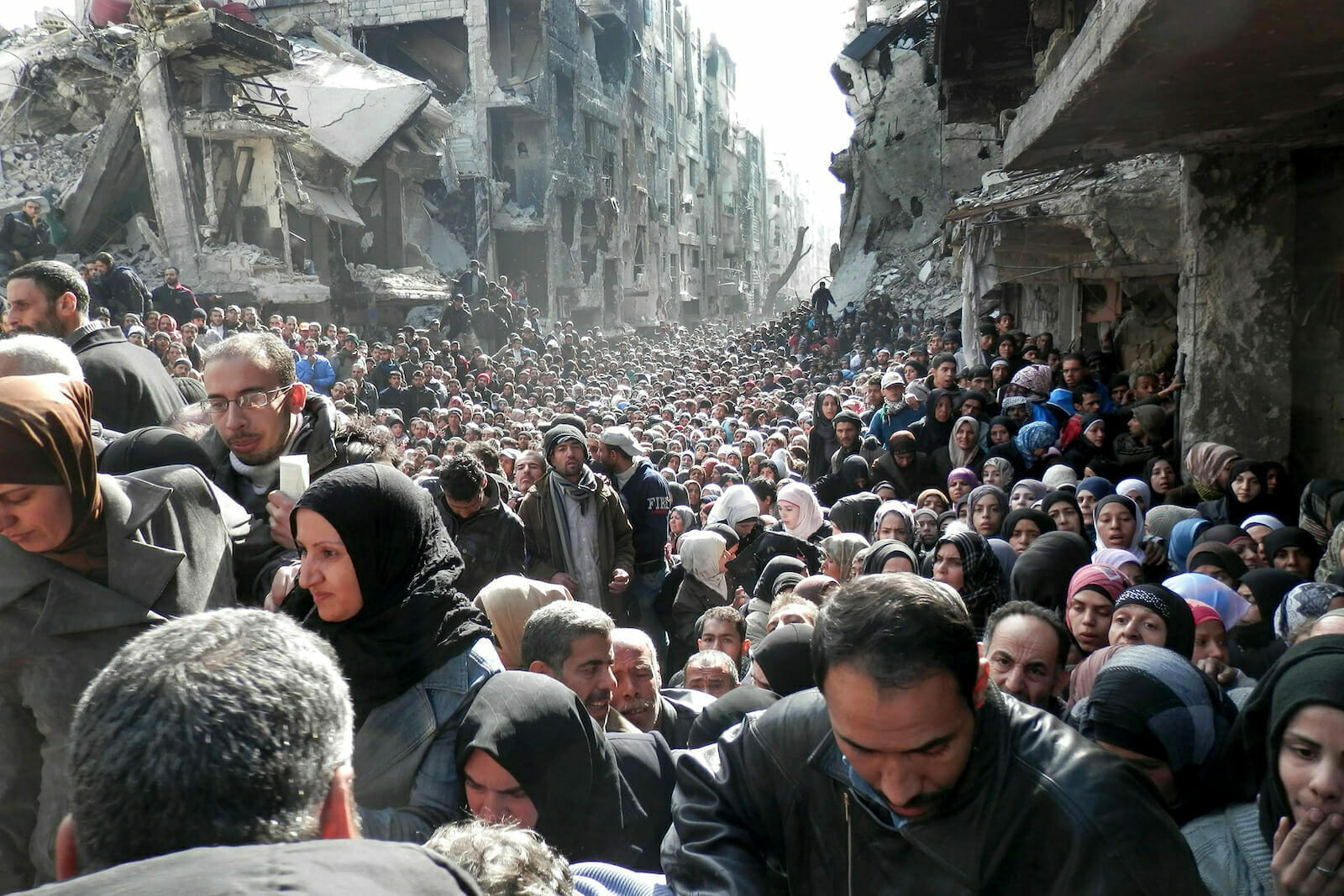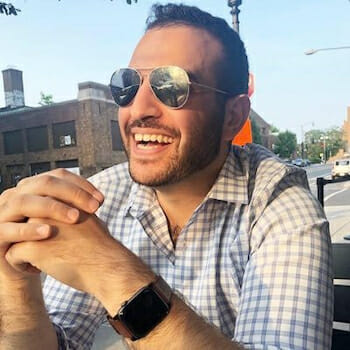
Armenian Insecurity and the #SaveKessab Campaign
In what was an inadvertent statement on the sad state of news, it took a tweet from Kim Kardashian (no intro needed) for the #SaveKessab movement to garner some real attention. The hashtag is in reference to Kessab, Syria where on March 21 rebel groups took over and forced the majority of the city’s 2,000 Armenians living in the city to flee to Latakia city, some 57 km away. Early on, there were reports of Armenians being killed and Armenian churches being vandalized.
However, the reports have yet to be verified, despite protests from Armenians, both inside and outside of Syria, who have demanded investigations on the happenings in Kessab. This is also not the first time that Armenians have been forced to flee during the Syrian civil war. Aleppo, Syria, a relative melting pot for the country’s minorities, was on the front lines of battles between pro-Assad and rebel forces and included a significant Armenian population. There, an estimated 10,000 Armenians fled and churches were destroyed.
The most aggressive reports on the situation in Kessab, from Armenian newspapers like Asbarez, have claimed that churches have been desecrated and 80 Armenians have been killed. Some of those who fled even claimed that artillery was fired from the Turkish side of the border.
Please let’s not let history repeat itself!!!!!! Let’s get this trending!!!! #SaveKessab #ArmenianGenocide
— Kim Kardashian West (@KimKardashian) March 30, 2014
Armenian President Sarkisian even called it the “third expulsion of Armenian from Kessab” in reference to the Armenian genocide in 1915 and Turkey’s forced expulsions in 1909. Turkey has vehemently denied the claims, calling it “totally unfounded and untrue.”
Regardless of the extent of the problem, it is quite clear that Syria’s minorities are increasingly insecure as the situation in Syria continues to deteriorate. The fact is Kessab’s residents were forced out of their homes and returning is a faraway prospect when the infamous al-Nusra front is patrolling the streets of where you once lived. During most of the crisis, Syria’s minority silently supported the Assad regime, believing his less than ideal protection is better than the risk of having an even more violent extremist group take over the country. Yerevan has yet to declare a side, fearing any sign of support for Assad could compromise the safety of Armenians still in Syria.
Here in the United States, State Department Deputy Spokesperson Marie Harf said the U.S. is “deeply troubled by recent fighting and violence that is endangering the Armenian community in Kessab.” The lack of detail in her comments show the difficulty for the U.S. in verifying the claims coming out of Syria, including the gruesome videos posted by various groups that lack dates and locations but are often attributed to very specific events. Despite this, there has been bipartisan support from the U.S. Congress for the White House to make a stronger statement on Kessab.
Regardless of the fluid nature of the updates coming out of Syria, the fact is the situation in Kessab deserves more than a tweet from Kim Kardashian and a trending hashtag. Hopefully, our 24 hours news cycle can provide the Syrian civil war the attention it deserves once again.

